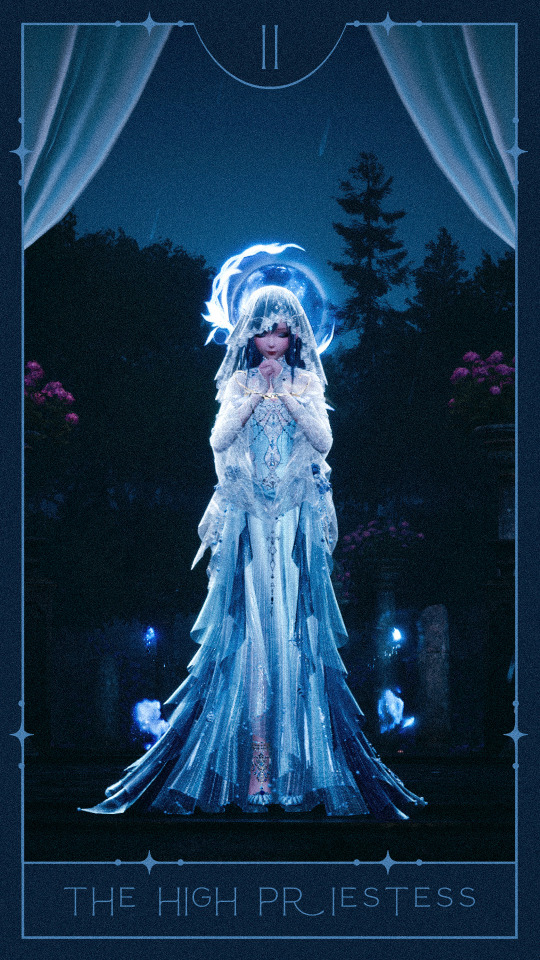Don't wanna be here? Send us removal request.
Text


I think I've come to like Yhorm. In a way, he's kind of Rykard's senior, right?
123 notes
·
View notes
Text

62 notes
·
View notes
Text



Wips of drawings for the 2000-10 anime zine (the third one is the version I decided not to use)
35 notes
·
View notes
Text



The day he saw her for the first time
255 notes
·
View notes
Text


Shepherdess
67 notes
·
View notes
Text

It supposed to be a sketch....
66 notes
·
View notes
Text











Some screenshots I made
4 notes
·
View notes
Text

Daphne and Apollo
Illustration I made for the art contest dedicated to the greek mythology
131 notes
·
View notes
Text
Guide to Early Modern English in Elden Ring
Okay Elden Ring community. I've seen too many examples of writing your Elden Ring bosses with improper use of their funny language.
So.
Here's my quick and easy guide to Early Modern English:
Pronouns:
Thou = subject
Thee = direct object
Thy = next word starts with a consonant
Thine = next word starts with a vowel
(same rules as my and mine)
Ex:
"Thy breakfast is prepared for thee."
"Thou hast forgotten thine omelette."
If we're talking about formality here, the pronoun "you" was also used back in the 14th century as a more polite or respectful way to address someone. E.g. a subject may address their monarch with "you."
Separately, "you" is the plural version of "thou."
Conjugation:
Thou = -st
Ex:
"Thou hast (Thou'st) eaten thy vegetables?"
"Dost thou require mine assistance?"
"Thou seemest to be lost."
"Thou shouldst remember well my name."
Exceptions:
"Thou art (Thou'rt) well versed in sorcery."
"Thou wert ere acquainted?"
"Thou shalt stay here."
He/she/they = -eth
Ex:
"He sleepeth soundly."
"Doth she remember me?"
"They runneth away from the village."
Exceptions:
"He shall not fight."
"She is quite skilled."
"They will expect thy presence."
As always with English, there's a million irregular verbs. If you're unsure about the right conjugation, a quick Google search might be best.
Other noteworthy words:
'Tis = It is
'Twas = It was
Prithee = Please
Ere = before
My thanks = Thank you
Also, don't stress if you mess up, since English is a joke language and there's an exception for any rule if you feel like breaking it.
For example, Ranni's lines use the arguably incorrect pronoun "thy" when the next word begins with a vowel.
This first one also uses the modern conjugation "has" with the third person noun "that," which is usually conjugated "hath."
"Well? Has that roused thy interest?"
"Well? Hath that roused thine interest?"

"Enough of thy unbearable breath."
"Enough of thine unbearable breath."

Though if we go there, we can also cite Shakespeare's Sonnet 18 with the same:
"But thy eternal summer shall not fade."
"But thine eternal summer shall not fade."
To be dissapointingly honest, I don't have a good explanation for that.
Even so, I hope this can clear some stuff up for those of you who don't already know how to write archaic English. I'm nowhere near an expert on this, so definitely correct me if I'm speaking lies! Otherwise, stay cool and enjoy your new and improved fun English words.
414 notes
·
View notes






















